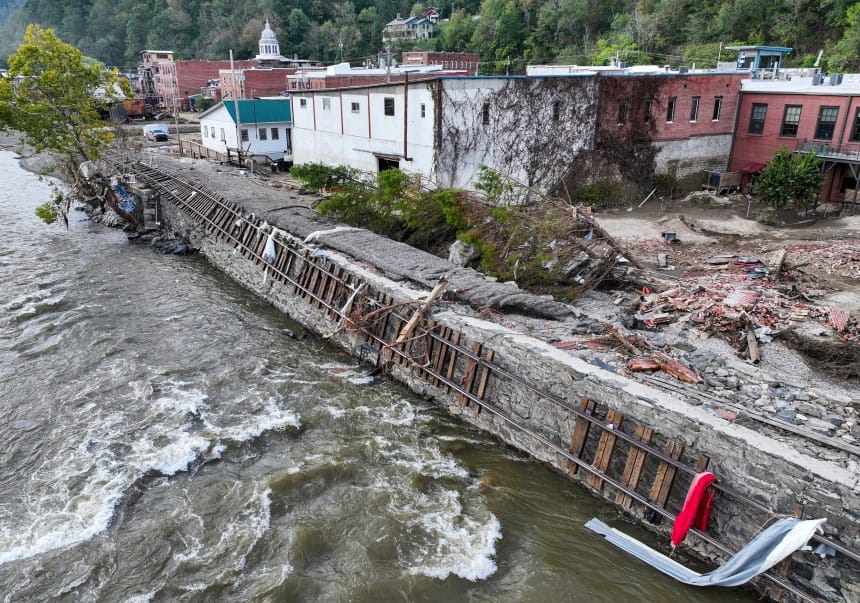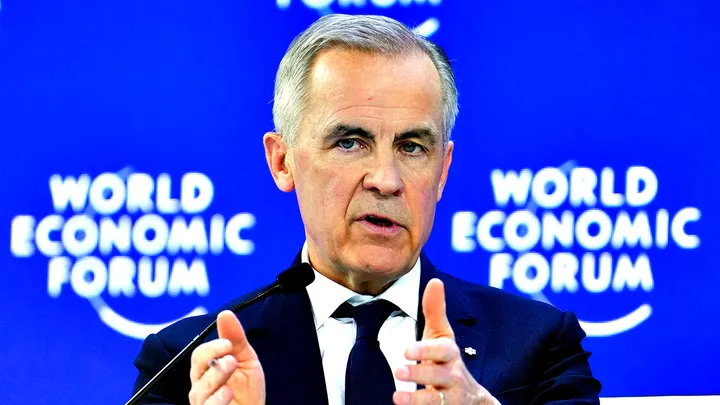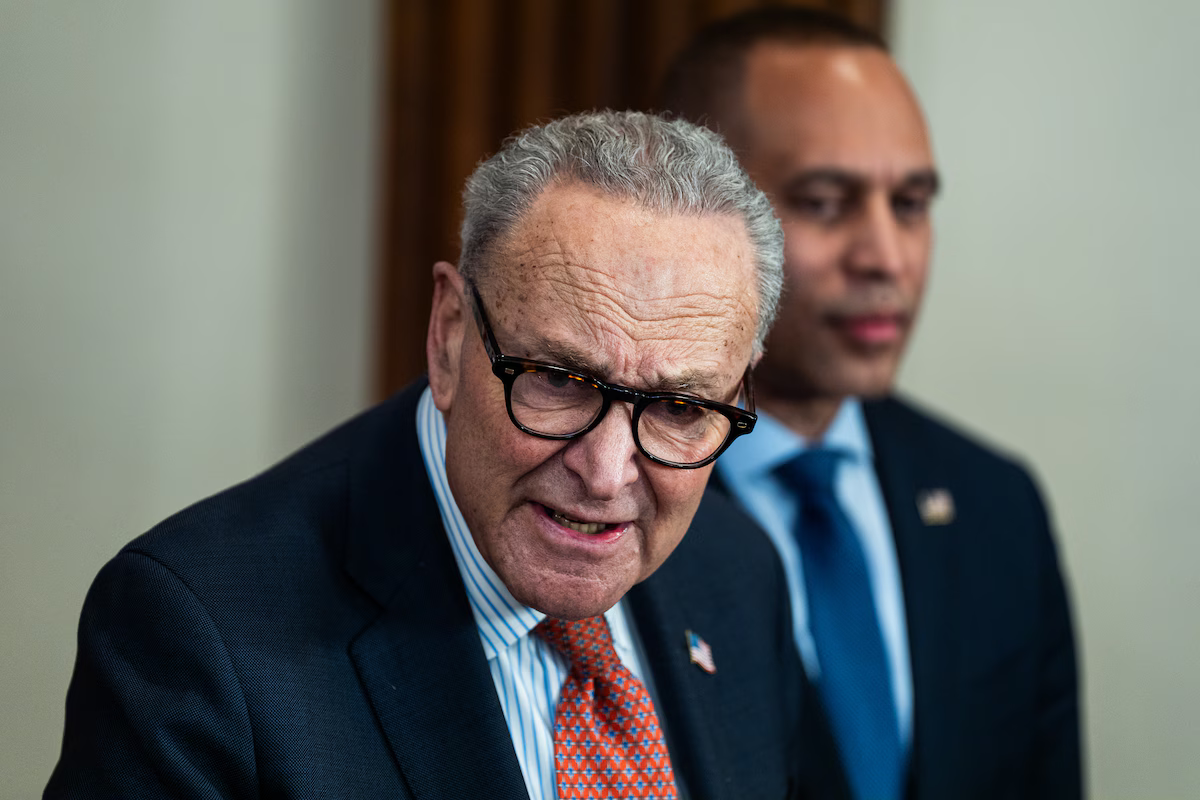In October 2024, Hurricanes Helene and Milton ravaged Georgia and North Carolina, resulting in rapid and extensive devastation. In Savannah, Georgia, floodwaters inundated entire neighborhoods, while in North Carolina’s Outer Banks, towns were isolated for several days. The devastation, exceeding $3 billion, displaced many and strained local infrastructure. However, what remains in the thoughts of several citizens is not alone the destruction caused by the storms, but rather the sluggish and chaotic federal reaction that ensued. The inadequacy of leadership is resonating in critical swing states, and with the 2024 election imminent, it may yield severe electoral repercussions for the Biden administration.
The federal government’s failure to deliver prompt disaster help has exacerbated tensions and generated significant concerns regarding leadership. As voter discontent escalates, especially in rural regions already distrustful of government involvement, the postponed assistance may have enduring political ramifications in these vital battlegrounds.
Deficiencies of FEMA: A Capacity Crisis
FEMA's response to Hurricanes Helene and Milton was characterized by delays, highlighting significant structural flaws within the organization. During the hurricanes, FEMA was functioning with only 65% of its workforce, facing challenges in mobilizing adequate personnel to address the disaster. In Macon County, North Carolina, hundreds of households had prolonged power outages, while entire neighborhoods in Highlands, which has approximately 3,000 inhabitants, were enveloped in darkness. “We felt forsaken,” remarked a resident of Macon County. “It appeared that no one was arriving.”
The agency's operational capacity has been declining since 2020. FEMA's resources have been severely constrained due to a 20% reduction in personnel resulting from the epidemic and a rising frequency of natural catastrophes. Notwithstanding government improvements following Hurricane Katrina, the agency continues to grapple with ineffective systems and antiquated employment procedures, rendering it inadequately equipped for large-scale emergencies.
Local officials expressed their concerns on the delays. In Savannah, Mayor Van Johnson articulated his community's exasperation: "When disaster occurs, we anticipate prompt action, not just justifications." This feeling resonated throughout Georgia and North Carolina, where people have become increasingly frustrated with the Biden administration's sluggish reaction.
What are the reasons for FEMA's understaffing?
The staffing deficiencies at FEMA reflect more extensive systemic issues. A 2023 GAO assessment indicates that the agency's hiring systems are antiquated and ineffective, featuring inconsistent recruitment methods that generate bottlenecks in times of crisis. The absence of explicit performance metrics for recruitment and training has impeded FEMA's capacity to address the increasing need for disaster relief.
FEMA's purpose has significantly broadened throughout the years, although its workforce has not evolved correspondingly. In the 1990s, the agency addressed fewer than 20 significant disasters each year; currently, it oversees over 100. The increase in responsibilities, coupled with antiquated employment processes and bureaucratic bottlenecks, has rendered FEMA under-resourced. Despite the federal government augmenting FEMA's budget, the agency has struggled to convert this funding into significant enhancements in disaster preparedness and response.
The repercussions of these systemic flaws were prominently evident following Hurricanes Helene and Milton. In Highlands, Mayor Pat Taylor indicated that power restoration could be up to two weeks due to extensive damage to utility poles. “We are exerting all possible efforts, yet it remains insufficient,” Taylor remarked, encapsulating the pervasive sense of hopelessness experienced by numerous local leaders.
State-Federal Tensions: Political Considerations in a Crisis
The protracted federal reaction in both Georgia and North Carolina has exacerbated tensions between state and federal officials. Governor Brian Kemp of Georgia first praised the Biden administration for its collaboration; however, as FEMA's delays became increasingly apparent, Kemp altered his stance. Kemp, responding to pressure from his conservative constituency and contemplating a Senate candidacy in 2026, has been criticizing the federal government's inefficiency. Kemp stated, "We cannot rely on Washington." “Georgia must be prepared to operate independently.”
Kemp's technique exemplifies a nuanced equilibrium. Kemp seeks to retain support from rural conservatives while appealing to suburban moderates by recognizing federal help and simultaneously advocating for state autonomy. His methodology reflects the overarching political realities in Georgia, where suburban voters significantly contributed to the state's transition to a Democratic majority in 2020.
In North Carolina, Democratic Governor Roy Cooper has endorsed the government response, highlighting the collaboration between state and federal agencies. “This pertains to collaborating to guarantee that each community receives the assistance it requires,” Cooper stated. Notwithstanding his claims, discontent are escalating in conservative-leaning regions, where numerous residents perceive that federal assistance has been excessively delayed.
The local media coverage has intensified these tensions. Headlines like “Weeks Later, Still No Relief for Flooded Communities” and “FEMA Fumbles as Towns Drown” underscore the escalating discontent among people. The scrutiny from the media is influencing the political scene as the 2024 election nears, with both state and federal authorities facing pressure to produce outcomes.
Electorate Sentiment: Variations in Crucial Areas
The sluggish federal response to Hurricanes Helene and Milton is currently influencing voter mood in Georgia and North Carolina. A YouGov poll done in late October revealed that merely 38% of respondents in these states endorsed President Biden's management of the disaster response, a decline from 46% two months prior. In suburban regions such as Cobb County, Georgia—crucial battlegrounds that contributed to Biden's 2020 victory—electorate disillusionment is on the rise. A Cobb County citizen remarked, "We anticipated greater engagement from this administration." “We are currently uncertain.”
In the rural regions of North Carolina, where Trump achieved a significant victory in 2020, the federal government's sluggish reaction has bolstered support for Republicans. A citizen of Swannanoa, North Carolina, stated, "They have abandoned us." “Washington is indifferent to our concerns.” Surveys in these areas indicate an increasing schism, with Republicans making gains as discontent with the Biden administration intensifies.
Historically, disaster response has significantly influenced elections. Following Hurricane Sandy in 2012, President Obama’s prompt federal response enhanced his support ratings in critical swing states, contributing to his re-election. Conversely, President George W. Bush's inadequate response to Hurricane Katrina in 2005 substantially undermined the Republican Party's credibility, resulting in considerable losses during the 2006 midterm elections. The federal reaction to Hurricanes Helene and Milton may have significant implications for President Biden.
A Political Tempest Developing for Democrats
With the 2024 election imminent, the Biden administration's handling of Hurricanes Helene and Milton is emerging as a significant electoral liability. FEMA's personnel deficits, administrative inefficiencies, and delays in relief distribution have resulted in numerous towns feeling neglected. In pivotal swing states such as Georgia and North Carolina, these grievances may drive votes away from Democrats and towards Republicans.
The Biden administration must promptly alter the narrative. In the absence of prompt and evident measures—such as expediting relief delivery, enhancing communication with impacted communities, and resolving FEMA's capacity challenges—Democrats jeopardize their support in critical areas that may determine the outcome of the 2024 election. Time is limited, and unless the federal response enhances, the hurricanes may alter the electoral map as significantly as the physical terrain.















Discussion